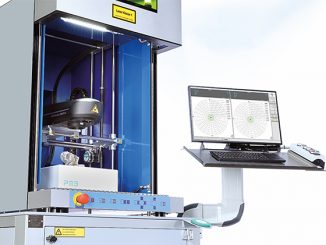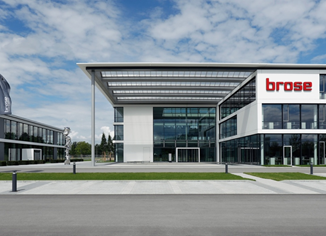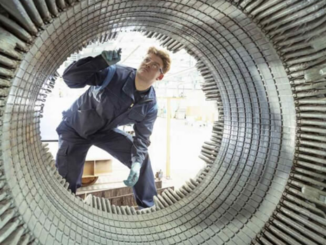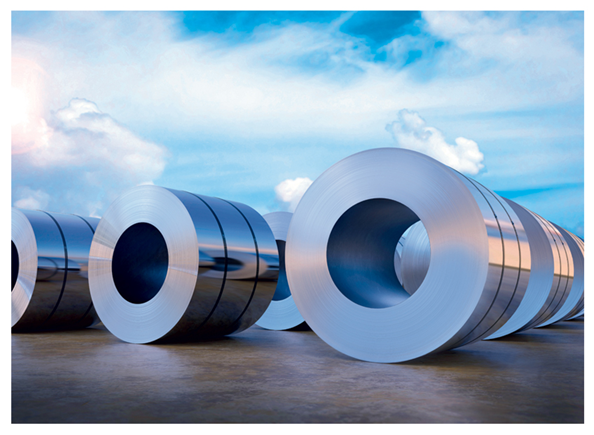
Having closed on his company’s $3 billion acquisition of AK Steel, Cleveland-Cliffs CEO Lourenco Goncalves is wasting no time seeking change to U.S. trade policies that he says unfairly hurt the steel maker’s business as a last bastion of domestic production of grain-oriented electrical steel (GOES) used to build motors and transformers.
The acquisition was completed in March, integrating Cliffs as a mine operator and North America’s largest producer of iron ore pellets, downstream into the production of value-added steel and specialty manufactured parts for the automotive industry by AK Steel.
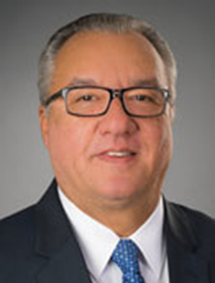
“This is a new era for Cleveland-Cliffs as a producer of differentiated, high quality iron ore, metallics and steel in North America,” said Goncalves. The new Cliffs will begin from a unique position of strength in our industry, with a dynamic combination of assets including two efficient integrated blast furnace steel mills, two electric arc furnace plants, a new state-of-the-art hot briquetted iron (HBI) plant and several other highly technologically developed facilities.
AK Steel, based in West Chester, OH and now a wholly owned subsidiary of Cliffs, is a leading producer of flat-rolled carbon stainless and electrical steel products and automotive steel parts. It makes both grain-oriented and non-oriented electrical steel.
Its DI-MAX HF-10X, for example, is a fully processed, non-oriented electrical steel used in high speed motors, traction motors, aircraft generators and other rotating equipment operating at frequencies above 60 Hz, making it particularly applicable for the manufacture of modern hybrid and electric vehicle motors. Its grain-oriented electrical steels (GOES) are iron-silicon alloys developed to provide the low core loss and high permeability required for efficient and economical electrical transformers. GOES is considered the most energy efficient electrical steel and used in transformers where energy conservation is critical, making it a key element of electric power grids.
Battle to change tariffs
The effort on changing trade policies began in March while the acquisition was pending. Goncalves warned lawmakers that without better protection against imports of electrical steel products into the U.S., two of AK Steel’s mills would be forced to close with the loss of 1,600 jobs. Mills in Butler, PA and Zanesville, OH — the last producers of grain-oriented electrical steel in the U.S. — are unprofitable because of a loophole in President Donald Trump’s “Section 232” steel tariffs, said Goncalves.
He was one of several steel executives who told the Congressional Steel Caucus that import protections for the industry are still inadequate amid a global steel glut fueled largely by excess capacity in China. He said that the 25% tariffs on steel imports aimed at boosting U.S. national security failed to include electrical steel laminations and cores used in transformers and motors. This has caused a massive increase in imports of these partially processed downstream products from China and other countries into the U.S. through Mexico and Canada.
In April, a bipartisan group of lawmakers urged President Trump to address the unfair trade practices that are threatening AK Steel’s electrical steel business. In the letter, the Representatives expressed concern that some bad actors are intentionally avoiding national security tariffs imposed on imports of grain-oriented electrical steel under Section 232. In support, Goncalves made clear to Secretary of Commerce, Wilbur Ross, that unless this circumvention is immediately addressed, the company will have no choice but to close the two plants, threatening the worker’s jobs and the security of America’s power grid.
Most recently, in May, Goncalves praised the U.S. Department of Commerce’s self-initiation of an urgent Section 232 investigation covering laminations for stacked transformer cores, stacked and wound transformer cores, electrical transformers, and transformer regulators. The investigation will look into circumvention of national security tariffs covering GOES using laminations and cores cut in Mexico and in Canada as means for tariff evasion.
“We are confident that this self-initiated investigation will reinforce the critical nature of ensuring a reliable domestic supply of GOES to support electric power distribution, and will address the circumvention of national security tariffs involving transformer laminations and cores of GOES,” he commented.

Founded in 1847, Cliffs now becomes uniquely positioned to supply both customized iron ore pellets and, through AK Steel, sophisticated processed steel products. Cliffs is a major supplier of iron ore pellets from its mines and pellet plants in Michigan and Minnesota. The mines currently have an annual rated capacity of 27.4 million long tons of iron ore pellet production, representing 55% of total U.S. pellet production capacity. In 2020, Cliffs also expects to be the sole producer of hot briquetted iron (HBI) in the Great Lakes region from its new plant in Toledo, OH.
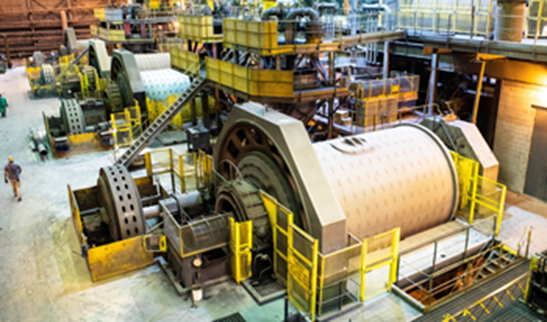
Cliffs is the largest and oldest independent iron ore mining company in the U.S. Widely recognized for innovation in iron ore mining and processing technologies, including strong sustainability and green initiatives, Cliffs produces various grades of pellets, including standard, fluxed and DR-grade, for North American steel customers.

The acquisition also solidifies demand for Cliffs’ pellet offtake, with potential for growth into merchant pig iron. The combined company will ensure pellet volume commitments to AK Steel’s blast furnaces along with Cliffs’ HBI plant to complement its existing long-term minimum volume pellet offtake agreements with other key integrated steel producers. The briquettes, shown below at right next to the pellets, enable advanced and more environmentally friendly steel production.
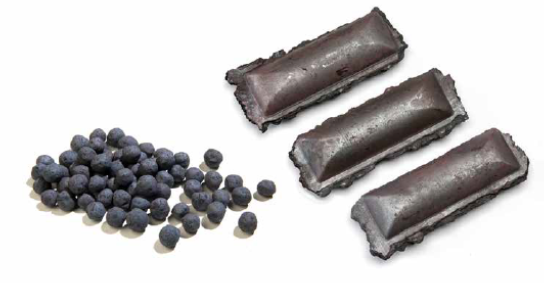
As a result of the acquisition, Cliffs, headquartered in Cleveland, OH, now is a much bigger entity, employing nearly 12,000 people across mining and steel manufacturing operations in the U.S., Canada and Mexico, with revenues of about $8 billion. Prior to the close, the all-stock transaction was valued at about $1.1 billion plus Cliffs assumed about $2.4 billion in AK Steel debt.
Operationally, counting annual revenues and employees of the two companies, Cliffs ended up roughly quadrupling in size. Prior to the deal, Cliffs had revenues of about $2 billion in 2019 and approximately 2,370 employees, AK Steel had $6.4 billion revenues in 2019 and about 9,500 employees.
For more information, visit www.clevelandcliffs.com.

